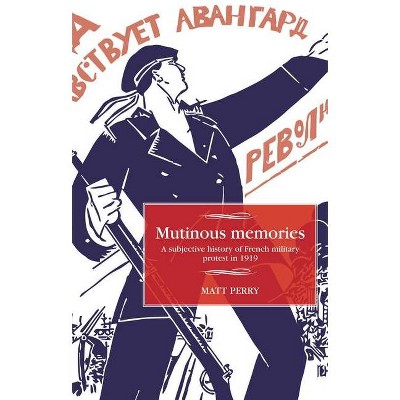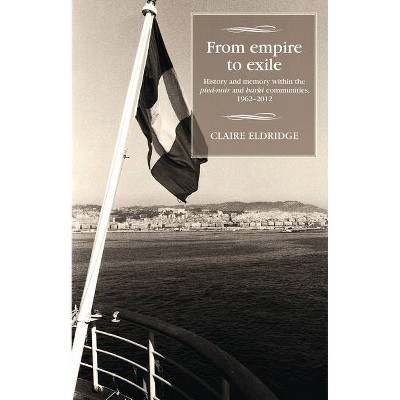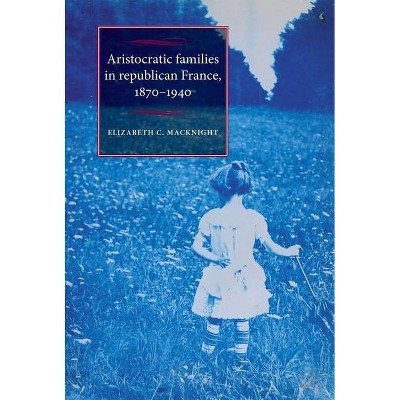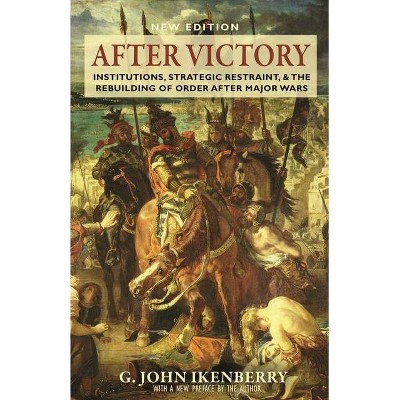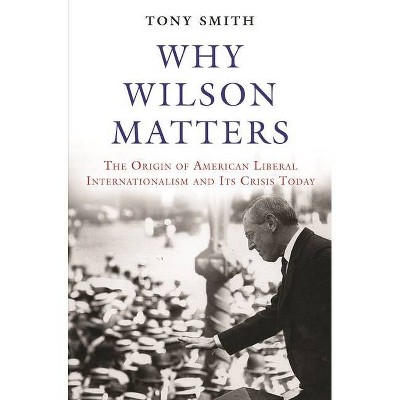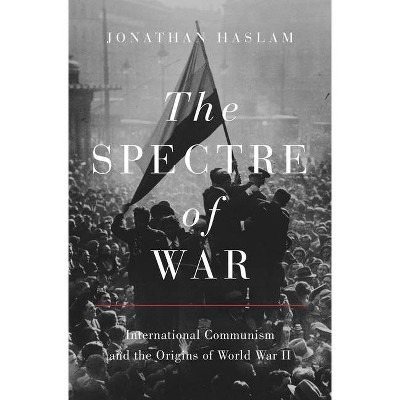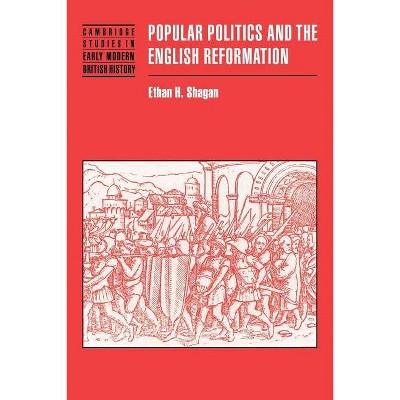In Pursuit of Politics - (Studies in Modern French and Francophone History) by Adrian O'Connor (Hardcover)
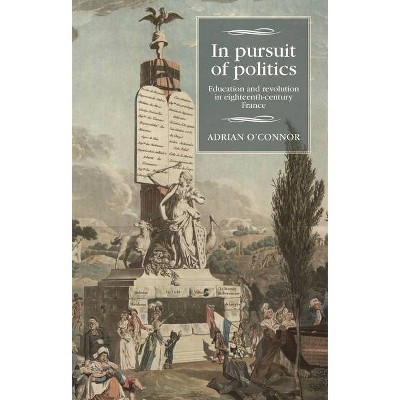
Similar Products
Products of same category from the store
AllProduct info
<p/><br></br><p><b> About the Book </b></p></br></br>Sheds new light on the cultural origins and practical ambitions of the French Revolution through an analysis of debates over education in eighteenth-century France.<p/><br></br><p><b> Book Synopsis </b></p></br></br><p><em>In pursuit of politics </em>offers a new interpretation of debates over education and politics in the early years of the French Revolution. Following these debates from the 1760s to the Terror (1793-94), and putting well-known works in dialogue with previously neglected sources, it situates education at the center of revolutionary contests over citizenship, participatory politics, and representative government. <br /> <br /> Education was central to how people thought about what was possible, desirable, and achievable in eighteenth-century France. With that in mind, <em>In pursuit of politics </em>uses the debates over education as a window into one of history's most dramatic periods of political uncertainty and upheaval, anxiety and ambition. It weaves together debates taking place among Enlightenment writers and <em>philosophes</em>, royal administrators and, later, revolutionary legislators, among private citizens, political clubs, and provincial schoolmasters. This book finds in the pre-revolutionary debates a symptom of a deep crisis in the French political imagination, one that ran aground on competing visions of French society, the French nation, and the workings of the Ancien Régime state. It highlights the emergence of "public instruction" as a revolutionary pedagogy, one that transcended pre-revolutionary expectations and underwrote efforts to establish a participatory and representative politics in France. It allows us to think in new ways about how the citizens and statesmen of eighteenth-century France tried to navigate modern politics at their tumultuous start.</p><p/><br></br><p><b> From the Back Cover </b></p></br></br>'<i>In pursuit of politics </i>is a welcome addition to the history of education as well as the history of French Revolutionary politics and offers new and important ways of approaching both topics.' <b>Karen E. Carter, <i>French History</i></b> <i>In pursuit of politics</i> presents a new interpretation of the debates over education and politics in the early years of the French Revolution. Covering the period from the 1760s to the Terror (1793-94), it puts well-known works in dialogue with previously neglected sources, situating education at the center of revolutionary contests over citizenship, participatory politics, and representative government. Education was central to people's notions of what was desirable and achievable in eighteenth-century France. This book weaves together debates among <i>philosophes</i>, royal administrators, revolutionary legislators, private citizens, political clubs, and provincial schoolmasters to provide a window into one of history's most dramatic periods of uncertainty and upheaval. In doing so, it identifies the symptoms of a deep crisis in the French political imagination, provoked by competing visions of French society, the French nation, and the workings of the Ancien Régime state. The book highlights the emergence of "public instruction" as a revolutionary pedagogy, one that transcended pre-revolutionary expectations and underwrote efforts to establish a participatory and representative politics in France. This allows us to think in new ways about how the citizens and statesmen of eighteenth-century France tried to navigate politics at the dawn of the modern period.<p/><br></br><p><b> Review Quotes </b></p></br></br><br><i>'In Pursuit of politics</i> is thus a welcome addition to the history of education as well as the history of French Revolutionary politics and offers new and important ways of approaching both topics.' Karen E. Carter, Brigham Young University, <i>French History</i>, Vol. 33, Issue 1, March 2019 'We get insightful reconsiderations of Enlightenment luminaries like Rousseau and Condorcet, their work freshly illuminated by the context of eighteenth-century public instruction; even more impressively, we learn they were in a national conversation with ordinary citizens from across France... If it may be that eighteenth-century public instruction is "the history of a failure", O'Connor nevertheless shows that an account of that history can be a wonderful success.' Journal of Modern History<br><p/><br></br><p><b> About the Author </b></p></br></br><br><strong>Adrian O'Connor</strong> is Assistant Professor of History at the University of South Florida St. Petersburg<br>
Price History
Price Archive shows prices from various stores, lets you see history and find the cheapest. There is no actual sale on the website. For all support, inquiry and suggestion messagescommunication@pricearchive.us
